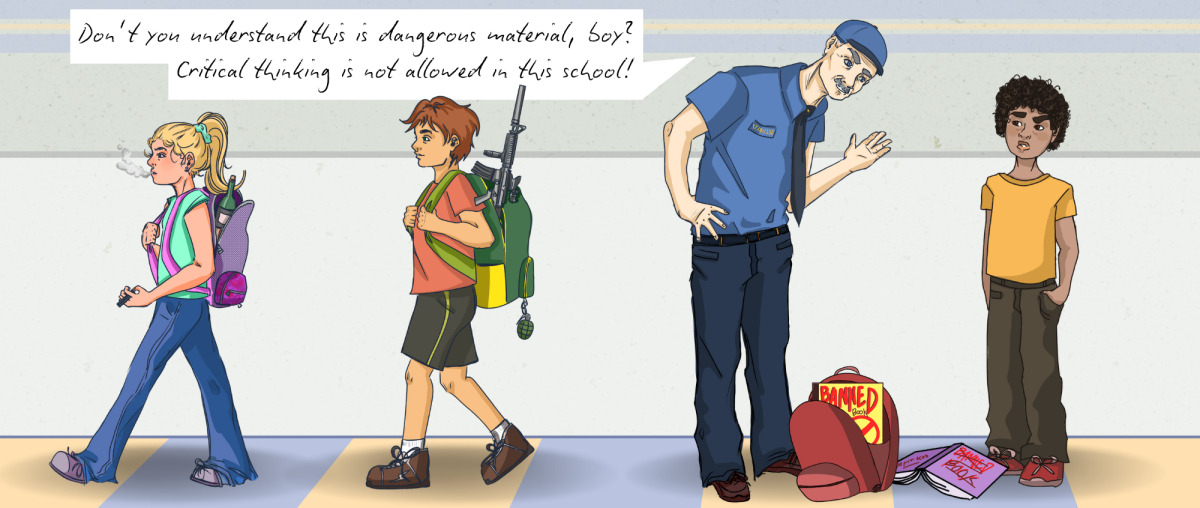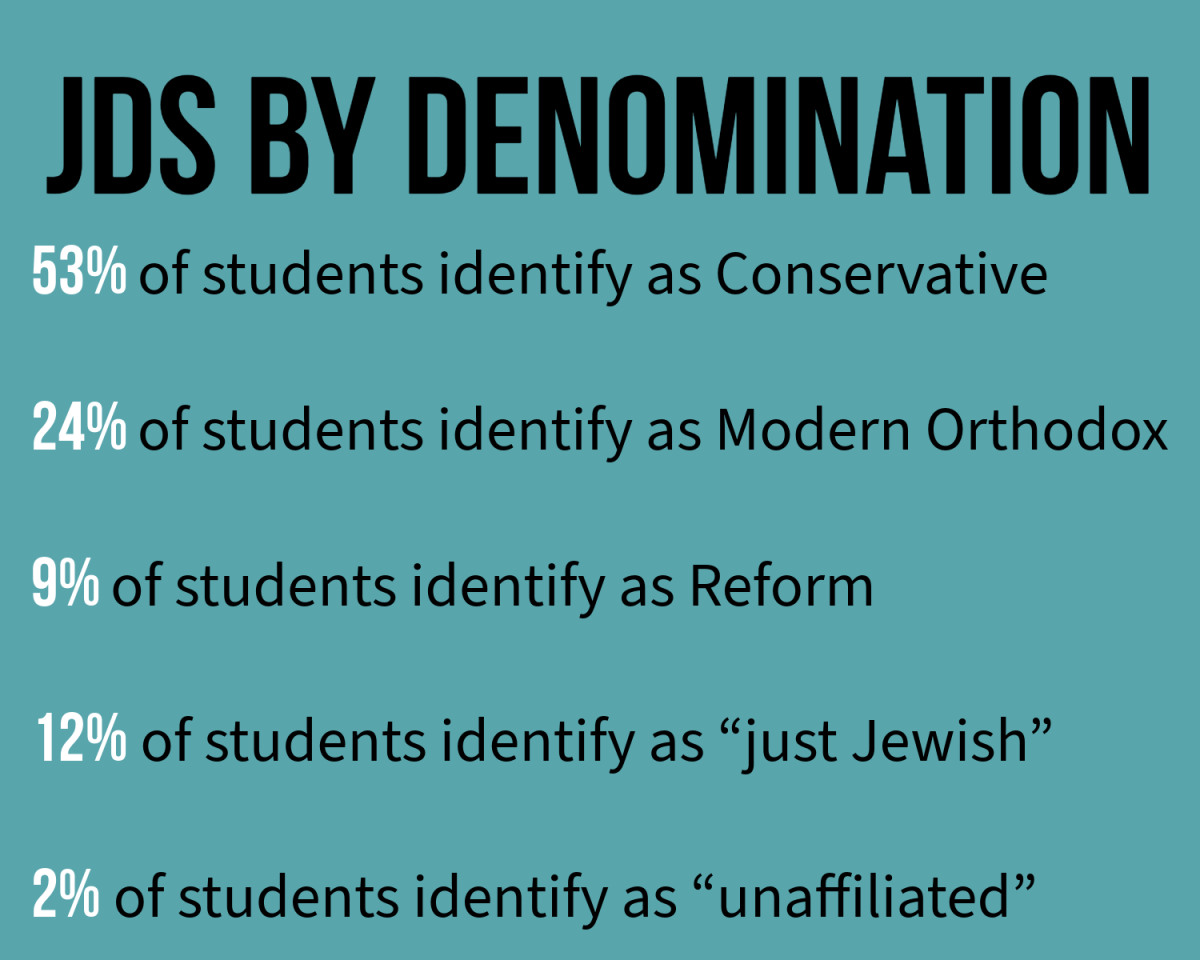There’s no dreadful feeling quite like the one when a teacher hands back a long awaited test; the gurgling of stomachs as the teacher slowly makes their way around the classroom, handing out each test upside down in order to prevent students from seeing each other’s grades. Although teachers often discourage it, after class almost everyone gathers in a clump and asks what others got on their tests, compares their grades to their classmates and feels worse about themselves.
Even when we do find out that we did better than most people, or that other people did better than ourselves, it doesn’t change the grade. Do we really want our validation from doing better than someone else? Students shouldn’t seek validation through doing better than their classmates, by sharing grades students are fueling a competitive culture.
While sharing grades can provide a few moments of validation, the harmful long-term effects outlast the few seconds of satisfaction. I know firsthand that when I do poorly on a test, there is no better feeling than figuring out that everyone else did just as badly as you did. But, most of the time it just leaves others feeling badly about themselves as they might feel less-smart than others and be disappointed in their grade, which increases stress levels.
High school students are already immensely stressed as a result of their academics. An NIH study on teen anxiety found that 47% of females and 21% of males reported moderate or severe anxiety symptoms. Similarly, anxiety in relation to academic performance affects most high school students. A Pew Research Study on Teen Mental Health shows that 61% of high-schoolers feel pressure to get good grades. The pressure is only worsened when students are constantly comparing their academic successes with others.
Grades are meant to display individual performance and understanding of the material. Each student has a unique learning style, pace, strengths and weaknesses. Grades do not accurately reflect these differences. Some tests focus on memorization, and some students may not thrive in that skill, but that doesn’t have anything to do with another area in which a student could thrive.
It can be very difficult to resist the temptation of sharing grades with others, especially when friends ask. However, there are ways of averting sharing grades without fully saying you don’t want to. Dean of Students Roslyn Landy frequently witnesses interactions between students and the damage sharing grades can cause, especially throughout the college process.
“When somebody asks you ‘what did you get on yours,’ you can say ‘I did fine,’ or I didn’t do as well as I would have liked. If students would learn to respond in similar ways, instead of saying ‘I got an ‘A’ or ‘I got a B,’ the competition would decrease,” Landy said.
Discontinuing to share grades is a necessary step in minimizing the competitive environment often found at JDS. A small adjustment of not sharing grades can have long lasting positive effects in our community.








